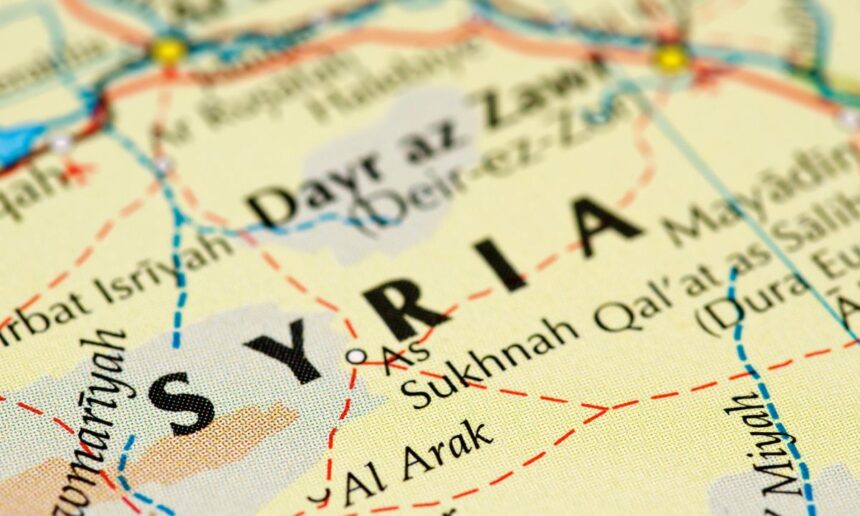Ashrafieh Sahnaya, Syria — In a significant shift amid growing unrest, Druse leaders in the Syrian town of Ashrafieh Sahnaya have agreed to disarm local militias and integrate some fighters into the national army. The move comes in the wake of two days of intense violence that turned the once-peaceful, multi-sectarian town into a war zone, killing over 100 people and raising serious concerns about the country’s security and stability.
Sectarian Violence Triggers Security Crisis
The conflict was sparked earlier this week after a fake audio recording allegedly insulting the Prophet Muhammad circulated online, inciting extremist Sunni factions to launch retaliatory attacks against the local Druse population. The clashes saw mortar strikes, drone attacks, and house-to-house fighting, highlighting the Syrian government’s inability to control fringe Islamist groups operating beyond the reach of central command.
More than 101 people—civilians, government forces, and local militia members—were reported killed, according to the Syrian Observatory for Human Rights. This latest flare-up also prompted Israeli airstrikes, launched in response to threats against the Syrian Druse community, a minority with deep ties to Israel.
A Compromise Amid Crisis
Seeking to restore order, government representatives visited Ashrafieh Sahnaya on Friday. In a televised meeting held in a local religious hall, Syrian officials sat alongside white-bearded Druse leaders and offered assurances of protection, pledging to investigate human rights abuses and release detainees.
In return, Druse leaders agreed to hand over weapons and cooperate with national security forces—a breakthrough after months of resisting integration under Syria’s new, Islamist-leaning leadership.
“We’re all in one ship,” said Jameel Mudawwar, the top government official in the region. “If it sinks, we’ll all sink.”
Community Reactions: Cautious Optimism and Lingering Distrust
While some community members expressed support for the agreement, others remain skeptical. Saleh Makiki, a local resident who lost five family members in the fighting, voiced hope that “mistakes won’t be repeated” and that peace can now prevail.
Yet many, like Bahira Haj Ali, a 42-year-old Druse resident, remain uneasy about disarming. “You can’t imagine the sounds we heard—shells, drones,” she said. “This is our security. It shouldn’t be given up.”
A Larger Regional Context
The Druse—an ethnic and religious minority found mainly in Syria, Lebanon, Israel, and Jordan—have long walked a tightrope in the country’s ongoing civil war. Their decision to lay down arms in Ashrafieh Sahnaya, located just south of Damascus, signals a desire for long-term coexistence but also exposes the fragile balance of power in post-Assad Syria, where sectarian divisions and extremist factions continue to complicate peace efforts.
While some Sunni residents blamed Druse fighters for provoking the violence by attacking government checkpoints, Druse accounts suggest Sunni extremists initiated the clashes. The truth remains obscured, but what’s clear is that the security situation remains volatile.
Conclusion: A Cautious Step Toward Peace
The disarmament of Druse militias in Ashrafieh Sahnaya could mark a turning point—if government promises are kept and all factions work toward unity. The slogan chanted by some in the town square—“The Syrian people are one”—may yet become reality. But for now, the future of religious coexistence in Syria hangs in a delicate balance.




